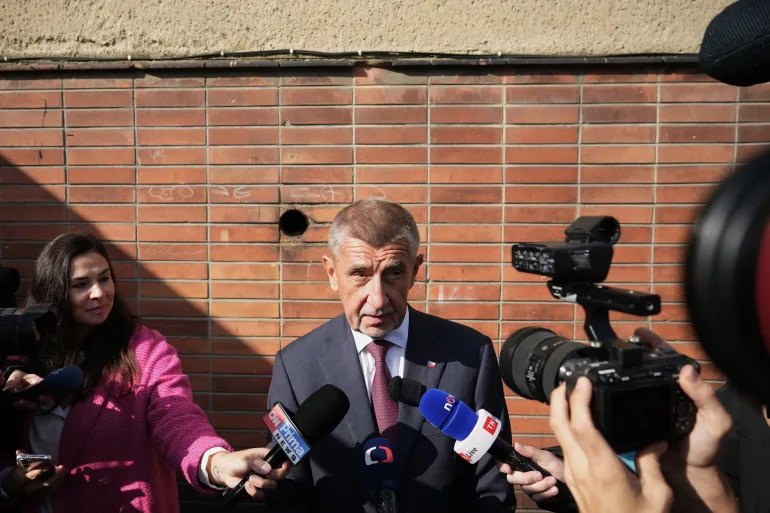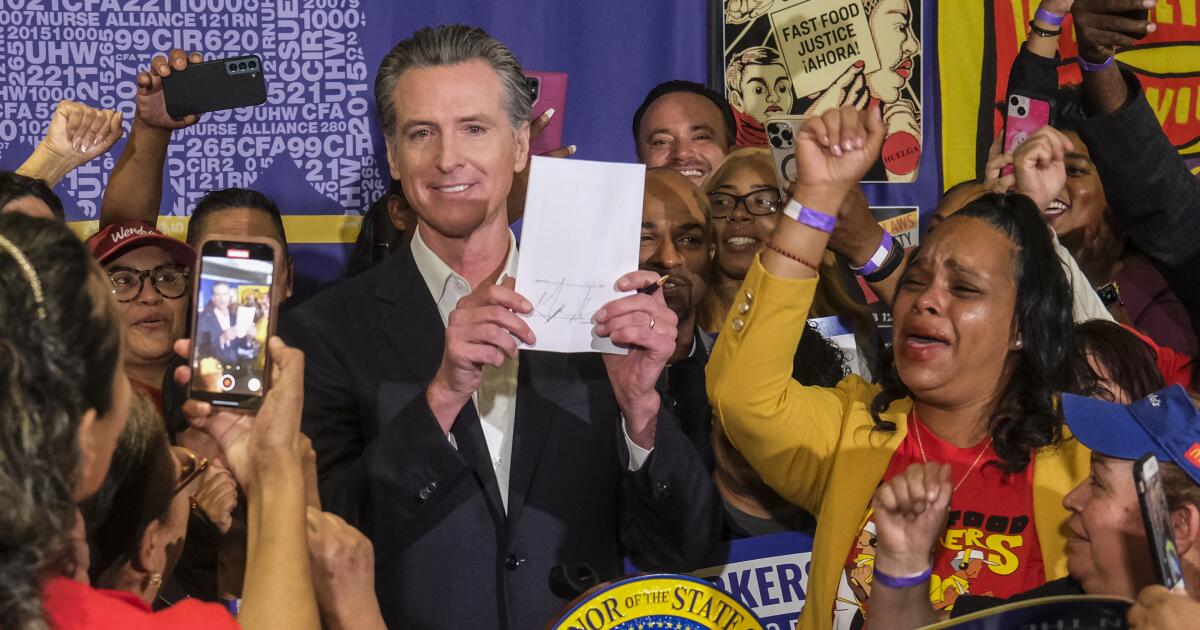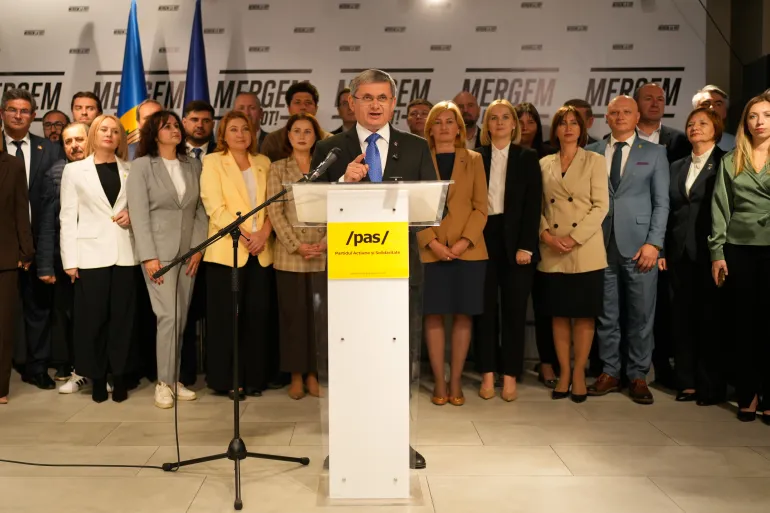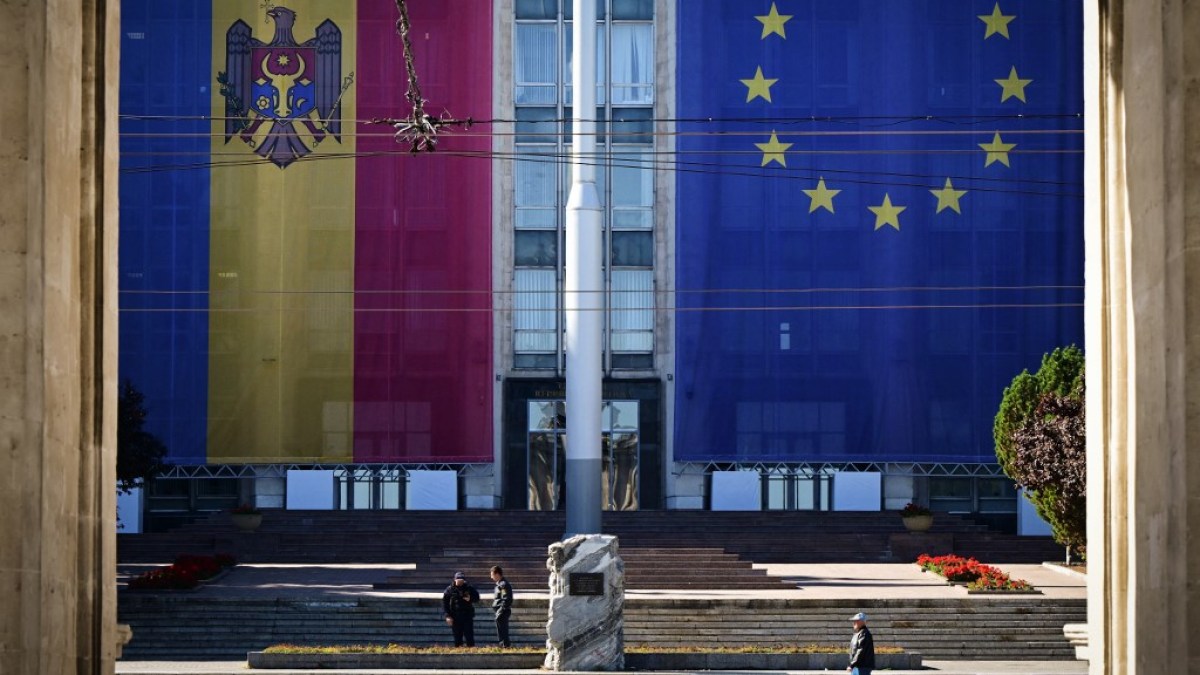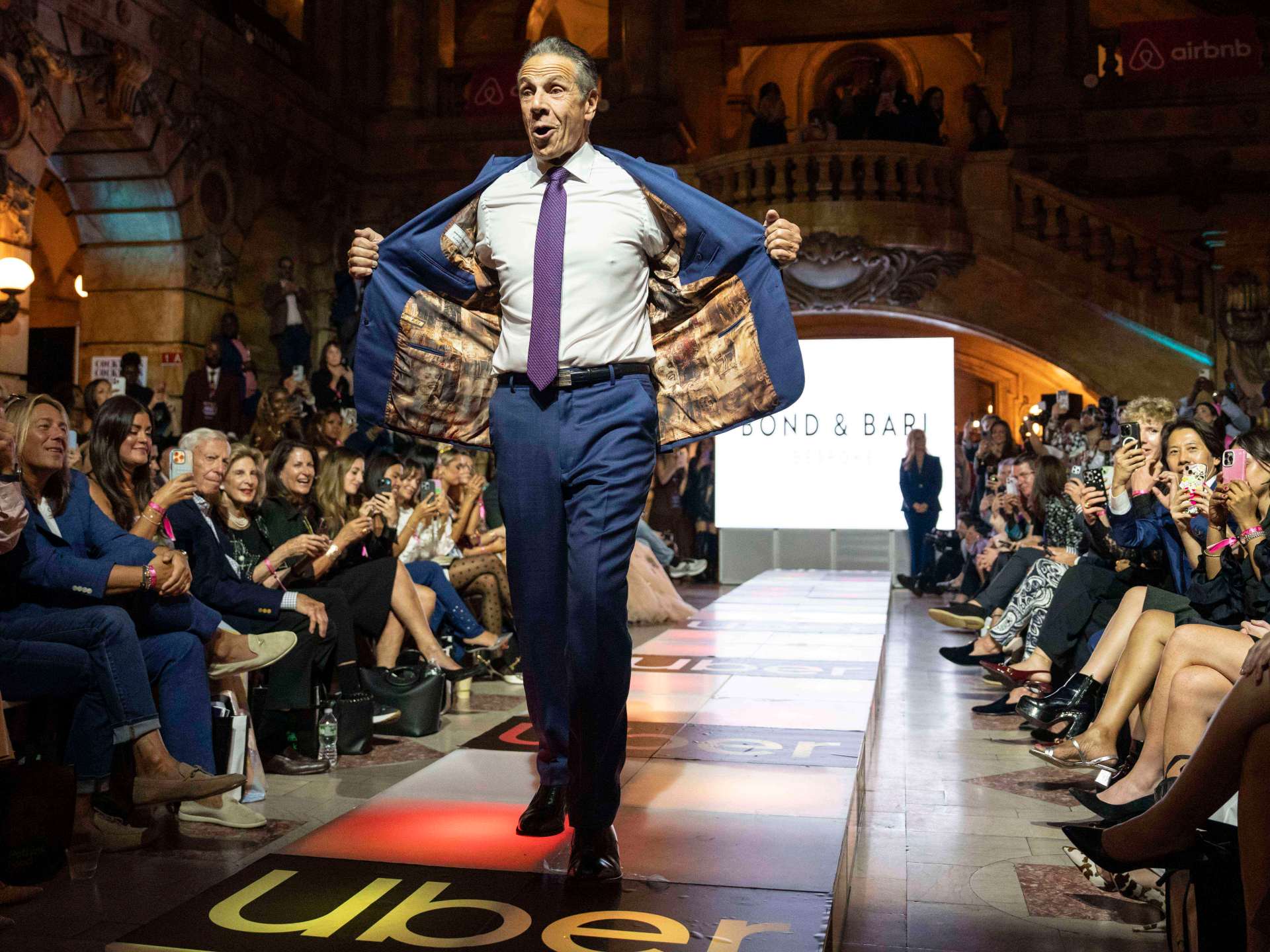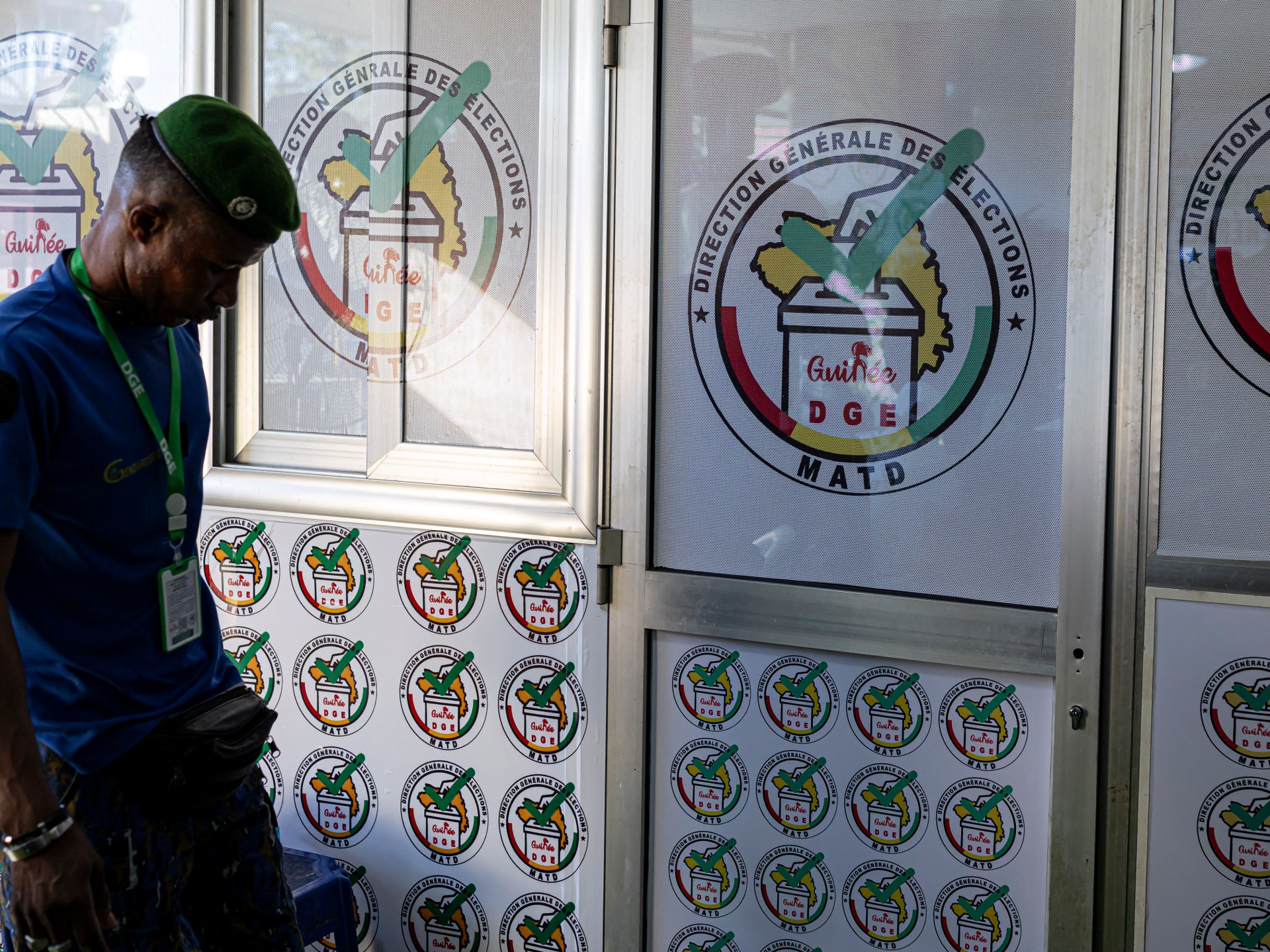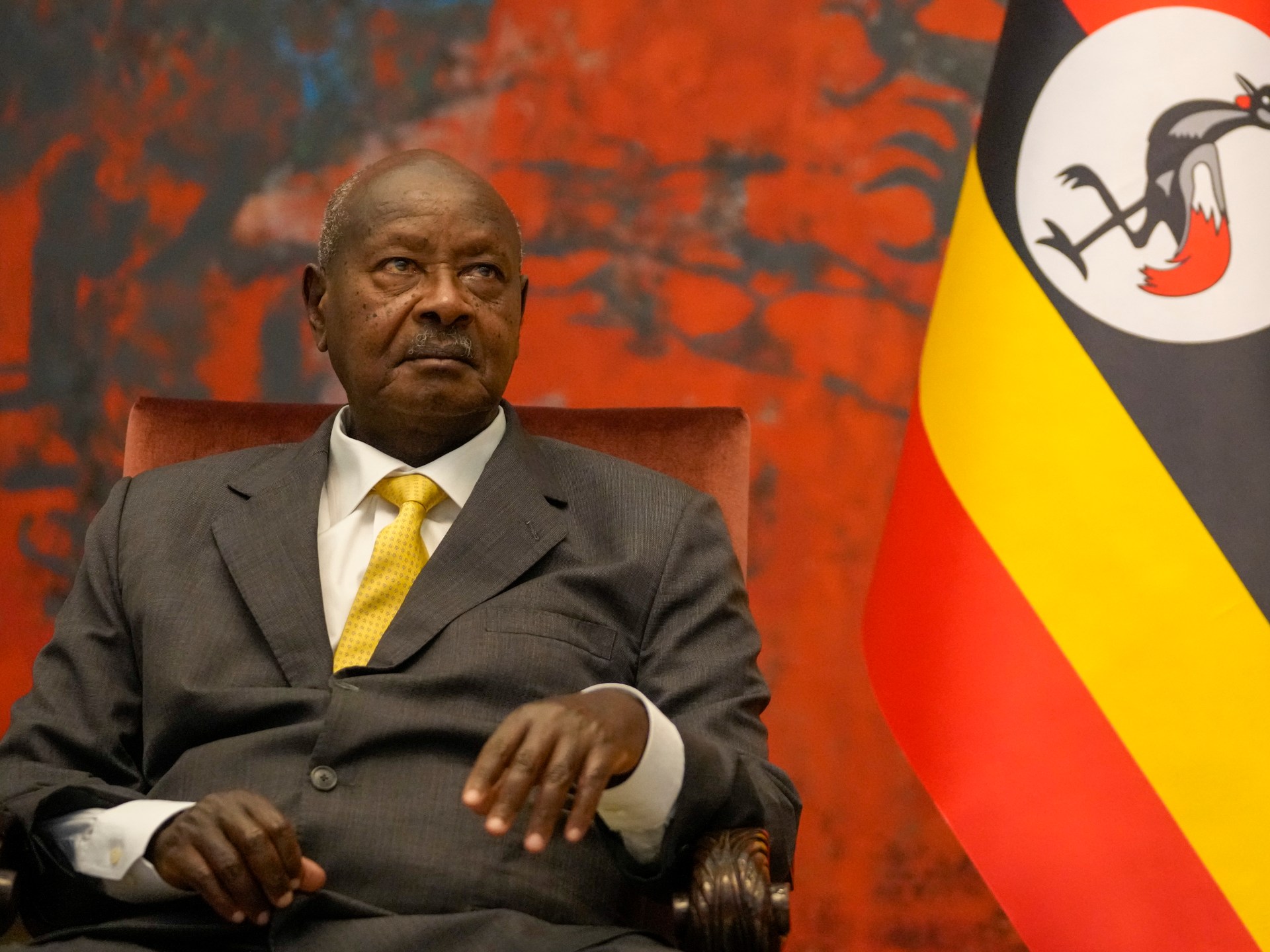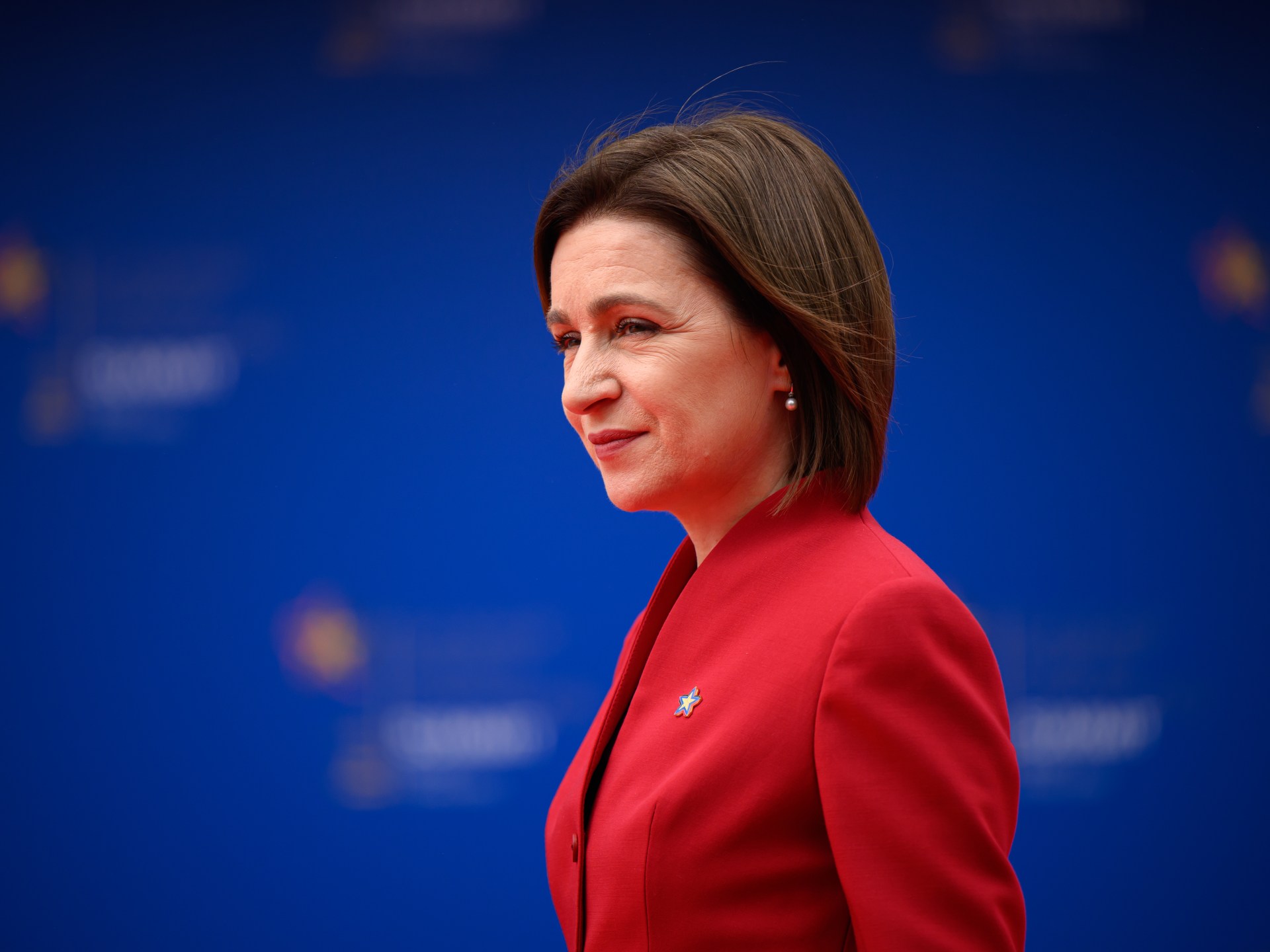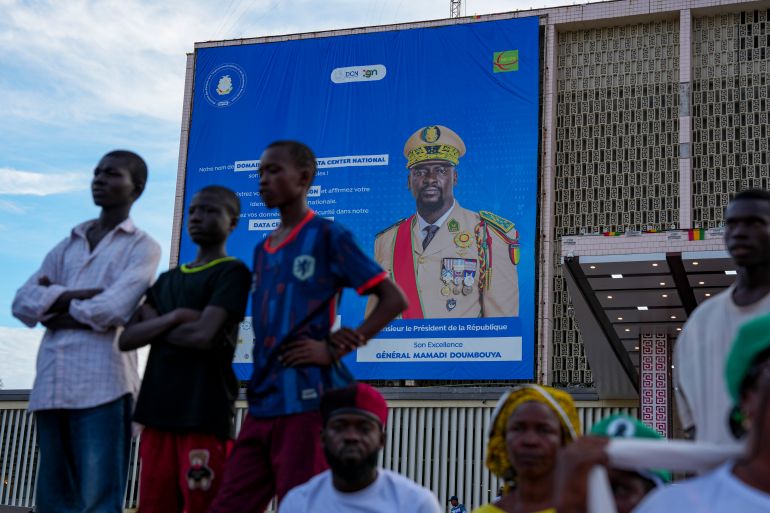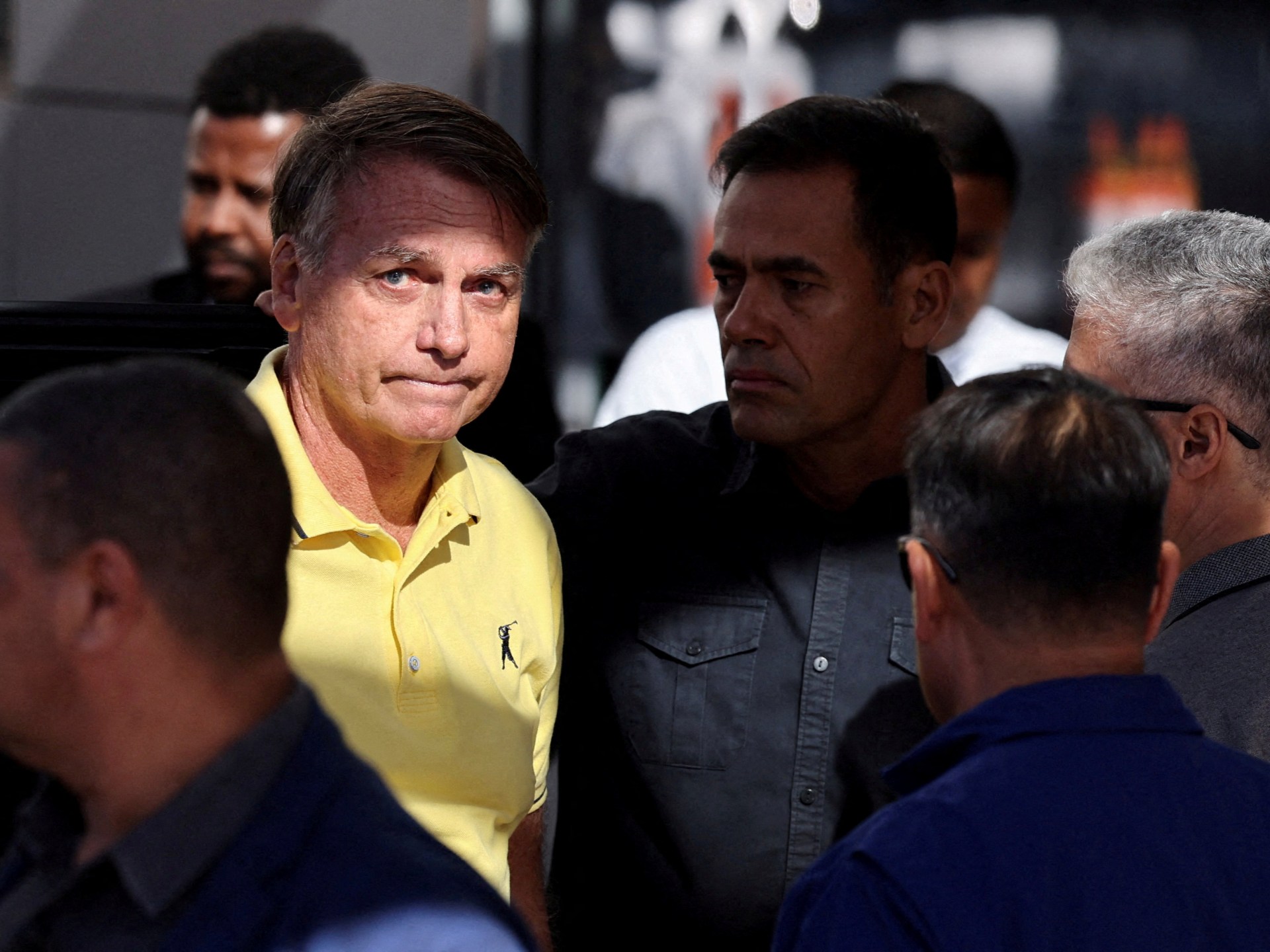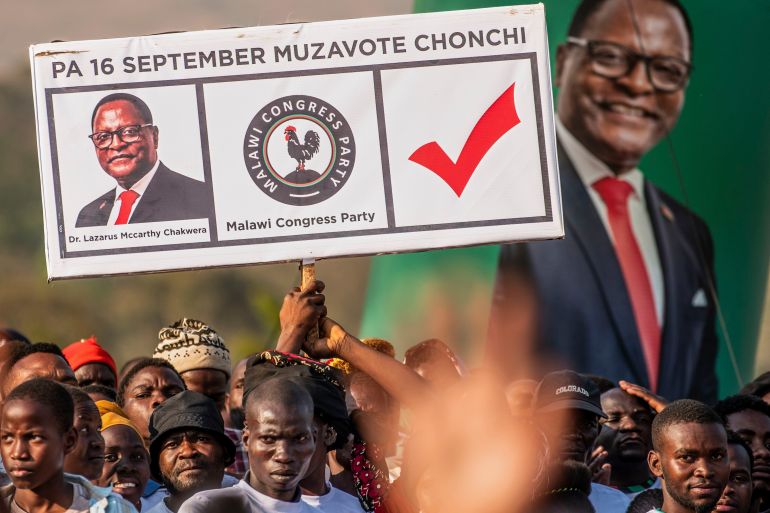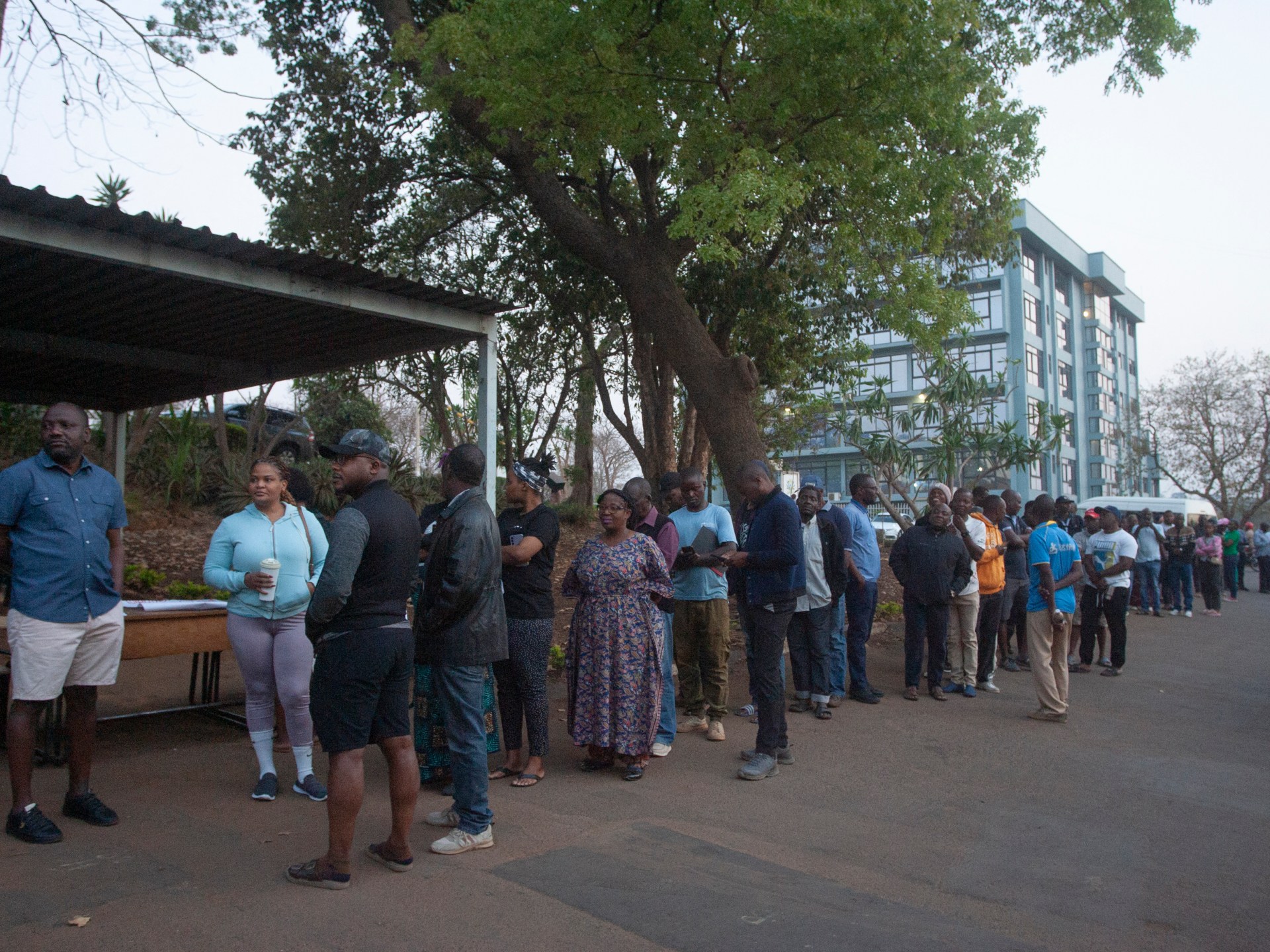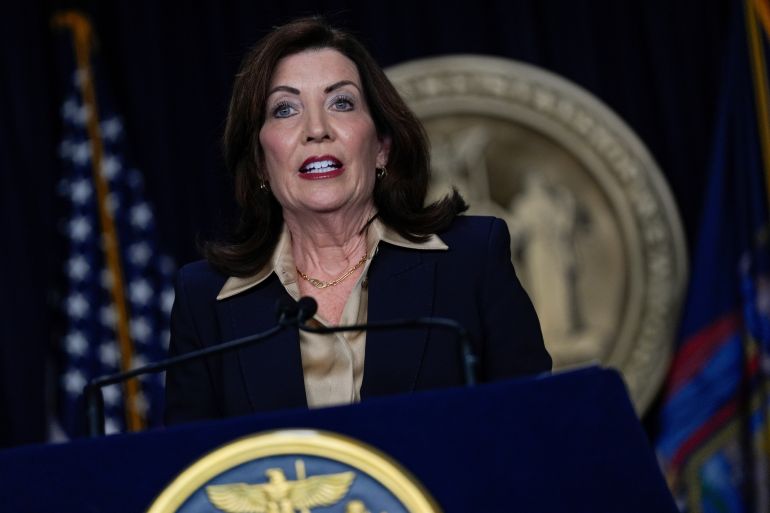Fifth French PM quits in three years: Can Macron survive, and what’s next? | Emmanuel Macron News
French Prime Minister Sebastien Lecornu has plunged France further into a political deadlock after he resigned just hours after forming a cabinet as Paris struggles to plug its mounting debt.
Lecornu – whose tenure, which ended on Monday, was the shortest in modern French history – blamed opposition politicians for refusing to cooperate after a key coalition partner pulled support for his cabinet. He joins a growing list of French prime ministers who since last year have taken the job only to resign a short time later.
Recommended Stories
list of 4 itemsend of list
Opposition parties in the divided French Parliament have increased pressure on President Emmanuel Macron to hold snap elections or even to resign – as have politicians and allies in his own camp. Analysts said Macron now appears to be caught on the back foot since Lecornu was widely seen as his “final bullet” to solve the protracted political crisis.
Here’s what to know about Lecornu’s resignation and why French politics are unstable:

What happened?
Lecornu and his ministers resigned on Monday morning after he had named a new government the previous day.
Lecornu took up his office on September 9 after his predecessor Francois Bayrou stepped down. His tenure lasted 27 days, the shortest since 1958 when France’s Fifth Republic began. He was France’s fifth prime minister since 2022 and its third since Macron called snap elections in June last year. He was formerly the minister of the armed forces from 2022 until last month.
In an emotional television address on Monday morning, Lecornu blamed political leaders from different ideological blocs for refusing to compromise to solve the crisis.
“The conditions were not fulfilled for me to carry out my function as prime minister,” the 39-year-old Macron ally said, adding that things could have worked if some had been “selfless”.
“One must always put one’s country before one’s party,” he said.
Macron, in what appeared to be a final attempt at stability, then asked Lecornu on Monday evening to stay on until Wednesday as the head of a caretaker government and to hold “final negotiations” with political parties in the interests of stability. It’s unclear what exactly these talks might entail or whether Lecornu might still emerge as prime minister at the end of them.
In a statement late on Monday on X, Lecornu said he accepted Macron’s proposal “to hold final discussions with the political forces for the stability of the country”. He added that he will report back to Macron by Wednesday evening and the president can then “draw his own conclusions”.
France expert Jacob Ross of the Hamburg-based German Council on Foreign Relations said the caretaker agreement was a “bizarre” one, even if legal, and underscored Macron’s desperation to project some form of control even as his options appear to be running out.
“For me, this really secures the narrative that Lecornu was Macron’s last bullet” to solve the current crisis, Ross said.
Why did Lecornu quit?
France has a deeply divided parliament that makes consensus difficult. Far-right and left-wing parties together hold more than 320 seats in the 577-seat lower house and abhor each other. Macron’s centrist and conservative bloc, which has tried to win conditional support from the left and right to rule, holds 210. No party has an overall majority.
After forming his government on Sunday, Lecornu immediately lost the support of the right-wing Republicans party (LR), which holds 50 seats, because of his choice for defence minister — former Finance Minister Bruno Le Maire.
LR President Bruno Retailleau, who was set to be interior minister in the government, announced on X on Sunday evening that his party was pulling out of the coalition because it did not “reflect the promised break” from pro-Macron ideologies initially assured by Lecornu. He said later on the broadcaster TF1 that Lecornu did not tell him Le Maire would be part of the government.
Le Maire is seen by many critics as representing Macron’s pro-privatisation economic policies and not the radical shifts that Lecornu promised in the three weeks of negotiations before forming a cabinet. Others, meanwhile, hold Le Maire responsible for overseeing the large public deficit during his term as finance minister from 2017 to 2024.
Lecornu’s exit affected the markets with stocks of prominent French companies dropping sharply by about 2 percent on the CAC 40, France’s benchmark stock index, although it has somewhat recovered since then.
Ministers who were supposed to form the government will now remain as caretakers until further notice. “I despair of this circus where everyone plays their role but no one takes responsibility,” Agnes Pannier-Runacher, who was set to be reappointed as ecology minister, said in a post on X.

Why has France’s politics become unstable?
The issues go back to the snap elections in June 2024, which produced a hung parliament consisting of Macron’s centrist bloc as well as left and far-right blocs. With Macron failing to achieve a majority and with parliament consisting of such an uncomfortable coalition, his government has faced hurdles in passing policies.
Added to the political impasse are Macron’s attempts to push through deeply unpopular austerity measures to close widening deficits that resulted from COVID-19-era spending.
Bayrou, who was prime minister from December to September, proposed budget cuts in July to ease what he called France’s “life-threatening” debt burden and cut public spending by 44 billion euros ($52bn) in 2026. His plans included a freeze on pensions, higher taxes for healthcare and scrapping two holidays to generate economic activity. However, they were met with widespread furore in parliament and on the streets and resulted in waves of protests across France. Parliament eventually rejected Bayrou’s proposals in September, ending his nine-month run.
Lecornu, meanwhile, had abandoned the holiday clause and promised to target lifelong privileges enjoyed by ministers. He had negotiated with each bloc for three weeks, hoping to avoid a vote of no confidence. By Monday, it was clear that his approach had not worked.
Public anger has increasingly also been directed at Macron since he first imposed higher fuel taxes in 2018 – and later scrapped them after large-scale protests. In April 2023, Macron again drew popular anger when he forced through pension reforms that raised the retirement age from 62 to 64. That policy was not reversed despite large protests led by trade unions. At present, the French president’s popularity in opinion polls has sunk to record lows.
“There is a numb anger in the voter base, a sense that politicians are playing around, and a huge part of the French electorate is disgusted,” Ross said. “My fear is that it is a potentially promising starting position to call for new elections but also a referendum on topics like migration and even France staying on in the European Union.”

What’s next for Macron?
Macron, due to be in office until April 2027, is increasingly under pressure. Opposition groups are capitalising on Lecornu’s resignation, and his own allies are publicly distancing themselves from him in a bid to boost their standing in the next elections, analysts said.
The anti-immigrant and anti-EU National Rally (RN) on Monday urged Macron to hold elections or resign. “This raises a question for the president of the republic: Can he continue to resist the legislature dissolution? We have reached the end of the road,” party leader Marine Le Pen told reporters on Monday. “There is no other solution. The only wise course of action in these circumstances is to return to the polls.” The RN is expected to gain more seats if elections are held.
Similar calls came from the left with members of the far-left France Unbowed party asking for Macron’s exit.
The president, who has not made a public statement but was spotted walking alone along the River Seine on Monday, according to the Reuters news agency, is also isolated within his own camp. Gabriel Attal, prime minister from January to September 2024 and head of Macron’s Renaissance party, said on the TF1 television channel that he no longer understood Macron’s decisions and it was “time to try something else”.
Edouard Phillipe, a key ally of Macron and prime minister from 2017 to 2020, also said Macron should appoint a caretaker prime minister and then call for an early presidential election while speaking on France’s RTL Radio. Phillipe, who is running in the 2027 elections under his centrist Horizons party, slammed what he said is a “distressing political game”.
France needs to “emerge in an orderly and dignified manner from a political crisis that is harming the country”, Philippe said. “Another 18 months of this is far too long.”
“People are seriously speculating that he might step down, and his allies are seeing him as political [dead] weight,” Ross said.
Macron, he added, has three options: elect yet another prime minister who might still struggle to gain parliamentary consensus, resign or more likely call for snap parliamentary elections – which could still fail to produce a majority government. All three options would come with their own challenges for the president, he noted. Macron has repeatedly ruled out stepping down.
The crisis, Ross said, is similarly affecting the president’s political standing on the international front as head of the EU’s second most populous economy.
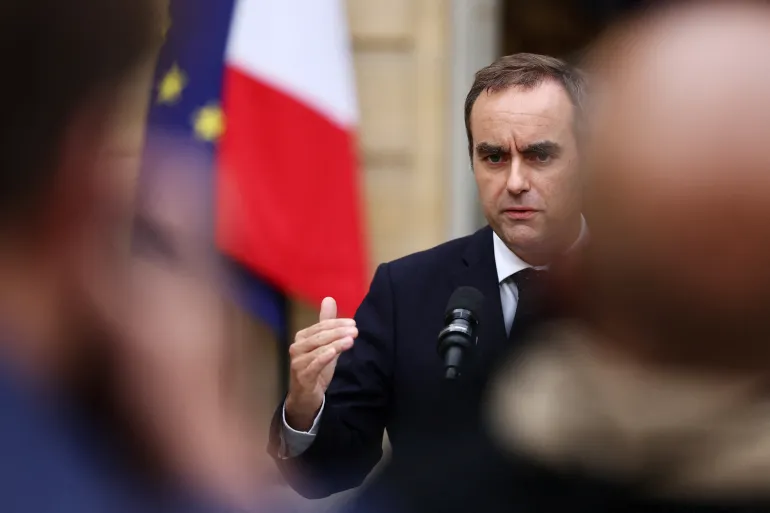
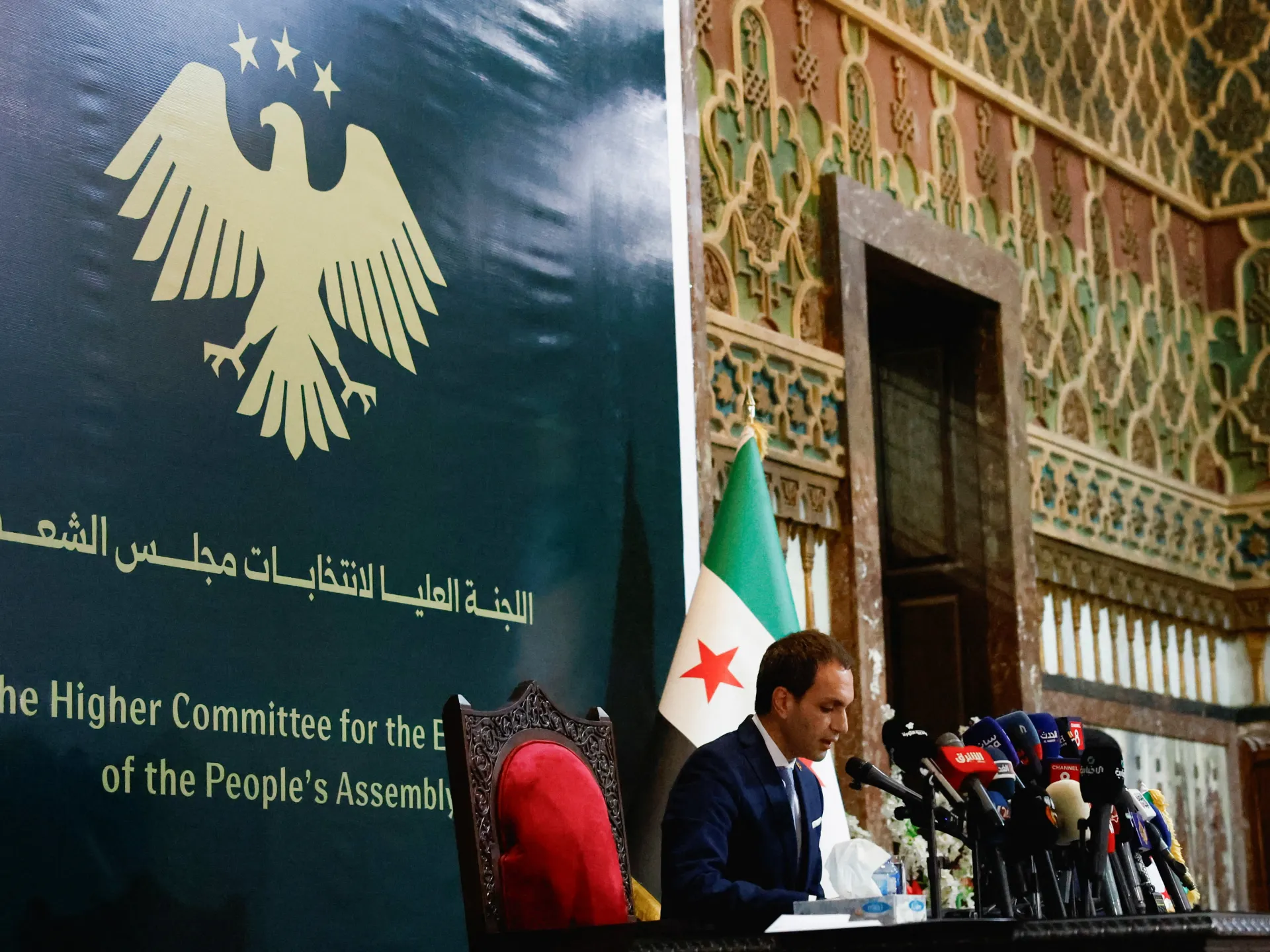
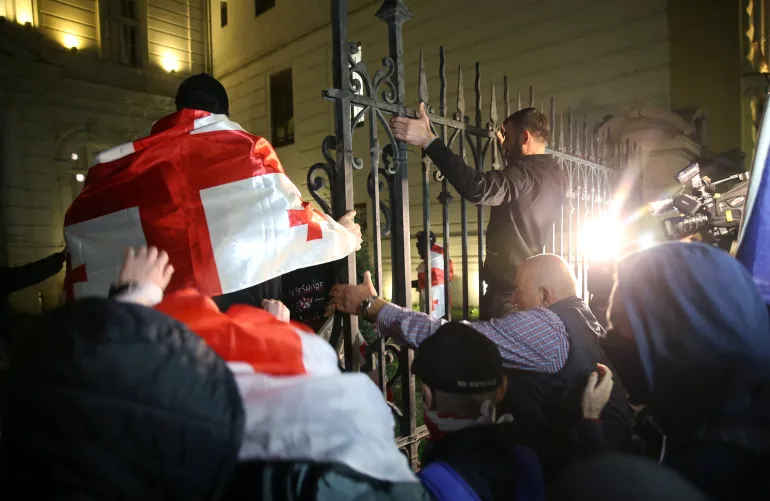

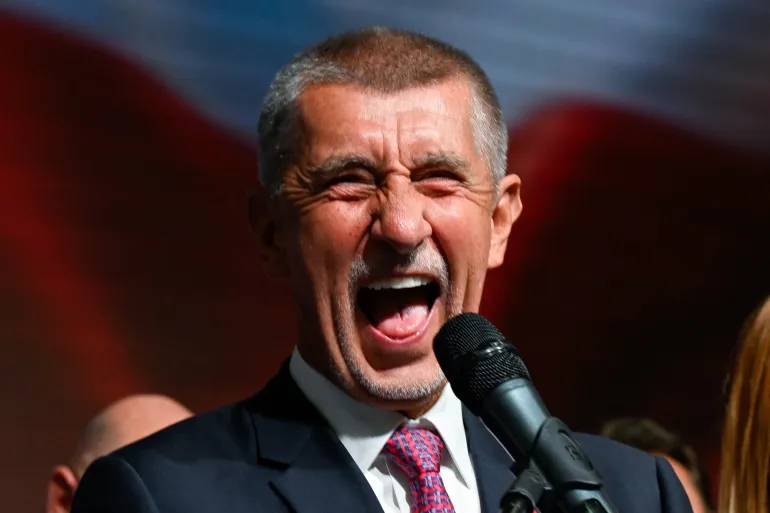

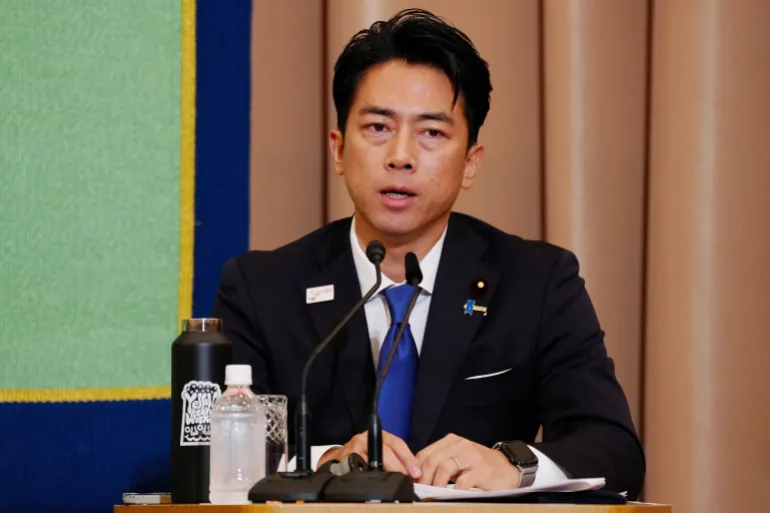



![Former LDP Secretary-General Toshimitsu Motegi speaks during the Liberal Democratic Party (LDP) Presidential Election Candidate Debate at Japan National Press Club in Tokyo, Japan, on Sept. 24, 2025. [Jia Haocheng/Pool via REUTERS]](https://www.aljazeera.com/wp-content/uploads/2025/09/2025-09-24T071026Z_1195499539_RC24YGA68GXE_RTRMADP_3_JAPAN-POLITICS-1759204230.jpg?w=770&resize=770%2C513&quality=80)

